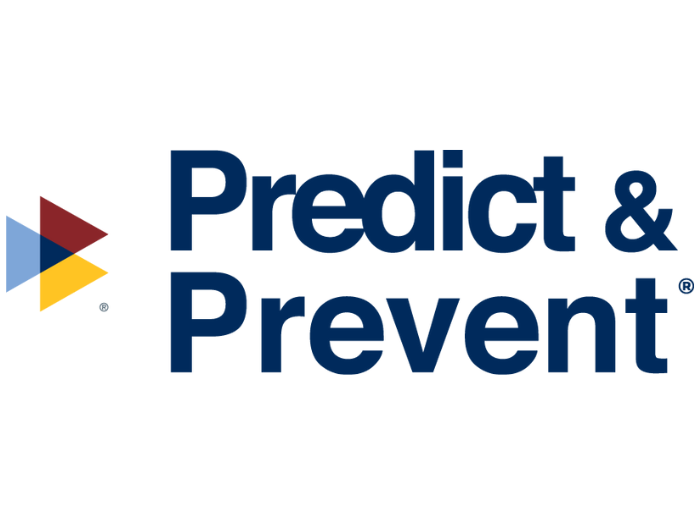Court Limits Attorney-Client Privilege Claims in Insurance Discovery Case

The U.S. District Court for the Southern District of New York has provided a detailed ruling on the boundaries of attorney-client privilege in a discovery dispute between hotel owner and operator Mandarin Oriental Inc. and its insurers, HDI Global Insurance Company and Assicurazioni Generali S.p.A.
The federal court ordered the insurers to produce a significant number of internal documents related to the hotel group’s claim, while allowing for the redaction of specific portions containing legal advice. The ruling serves as a critical reminder for the insurance industry about the fine line separating protected legal strategy from discoverable, routine claims-handling communications.
The legal dispute in Mandarin Oriental, Inc. vs. HDI Global Insurance Company et al, stems from an underlying insurance claim filed by Mandarin Oriental. During the discovery phase of the litigation, the hotel group filed a motion to compel its insurers to produce certain documents that HDI and Generali had withheld, asserting they were protected by privilege.
The matter was complicated when the insurers disclosed that they had inadvertently omitted key attachments from the documents initially provided to the court for a private, in camera review. This supplemental order addresses those omitted documents, focusing on what constitutes protected legal communication vs. ordinary business records.
Mandarin Oriental argued for the production of the documents, contending they were necessary to understand the insurers’ decision-making process regarding its claim. The policyholder’s position was that many of the communications were standard business discussions among claims professionals, not privileged legal analysis.
In response, HDI and Generali maintained that the documents were protected by either the attorney-client privilege or the work product protection doctrine. They argued the communications contained confidential advice from their coverage counsel or were created in anticipation of litigation.
In its analysis, the court carefully distinguished between communications that conveyed legal advice and those that dealt with business operations. The court upheld the insurers’ privilege claims for documents that explicitly contained or summarized legal opinions from their outside counsel.
For example, a 20-page coverage opinion letter from the law firm Zelle and internal email sections titled “Coverage Counsel Conclusion” were deemed protected.
However, the court rejected the argument that all internal discussions were shielded. It found that emails among non-attorneys discussing claim negotiations and the setting of reserves were not protected as work product, especially as they occurred more than a year before the lawsuit began. The court noted that setting a reserve is a standard business function required by New York law and not necessarily an activity performed in anticipation of litigation.
The court’s final order granted in part and denied in part Mandarin Oriental’s motion. HDI and Generali were ordered to produce the majority of the disputed email chains and attachments. They were, however, permitted to redact the specific, clearly identified sections that constituted direct legal advice from their attorneys.
View the full decision here. &










